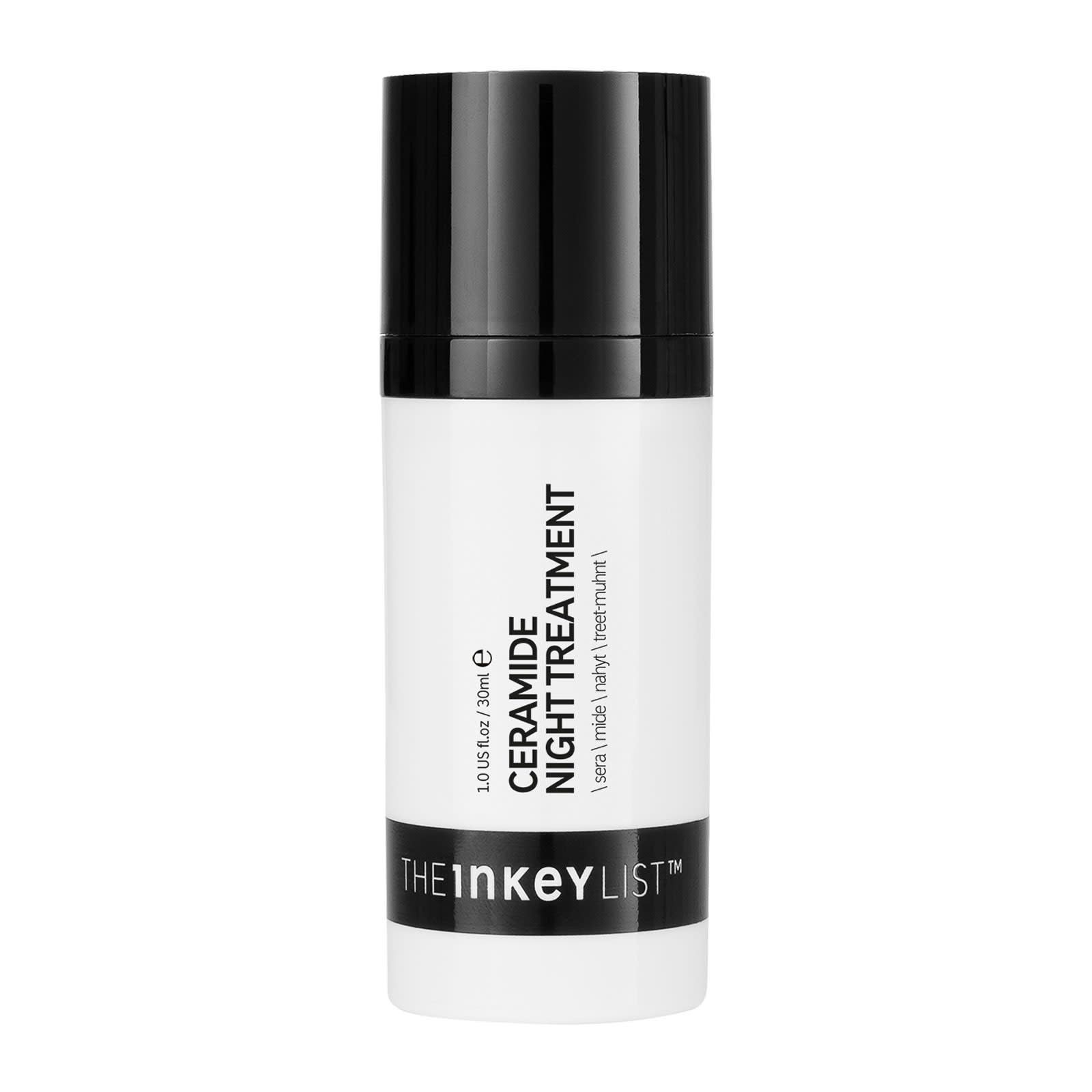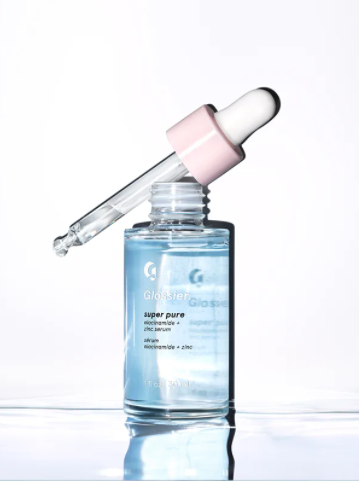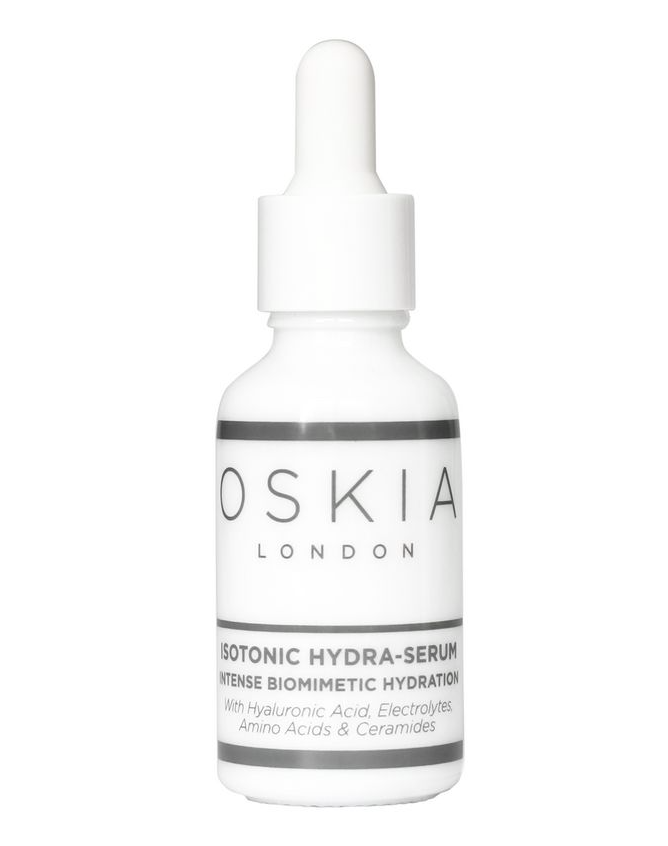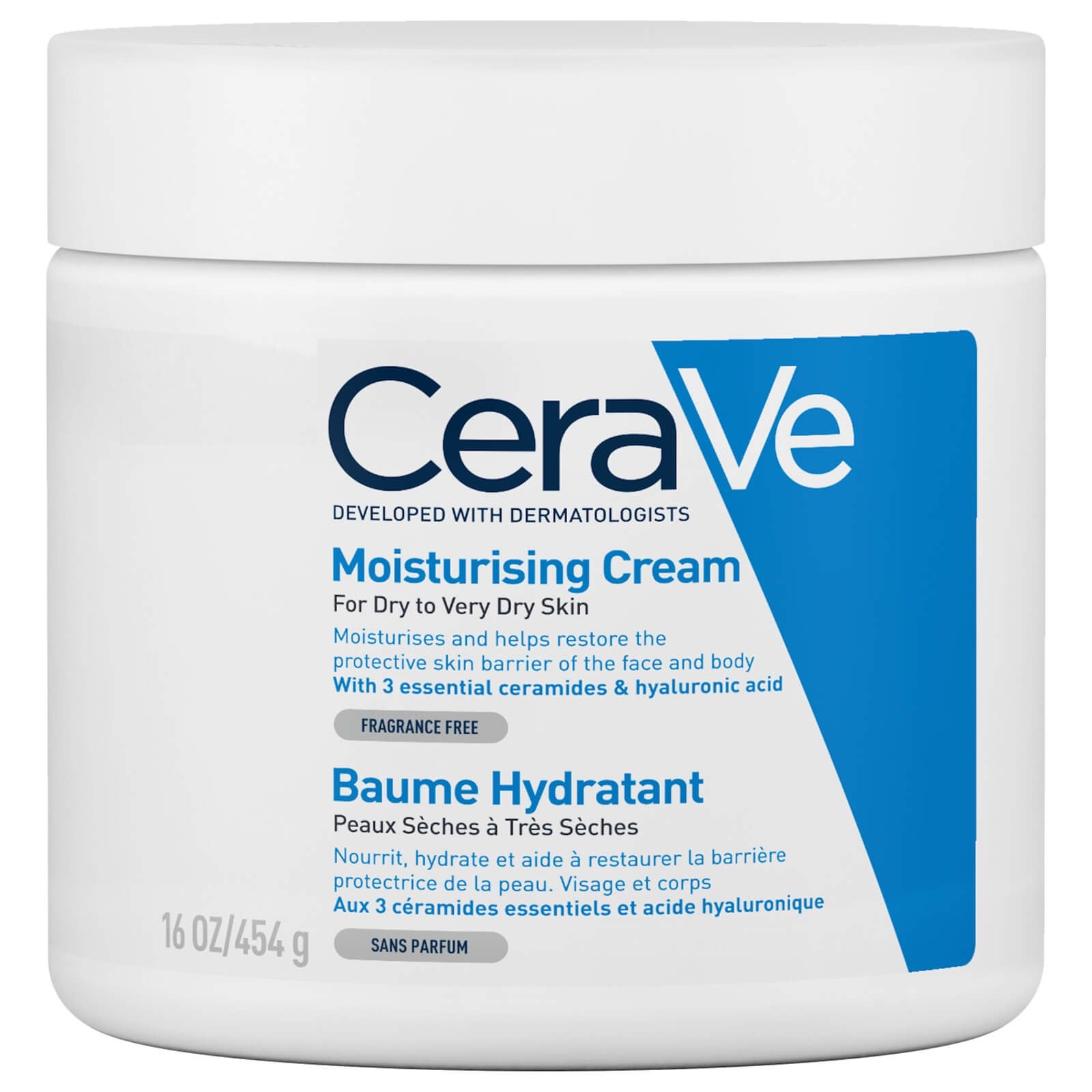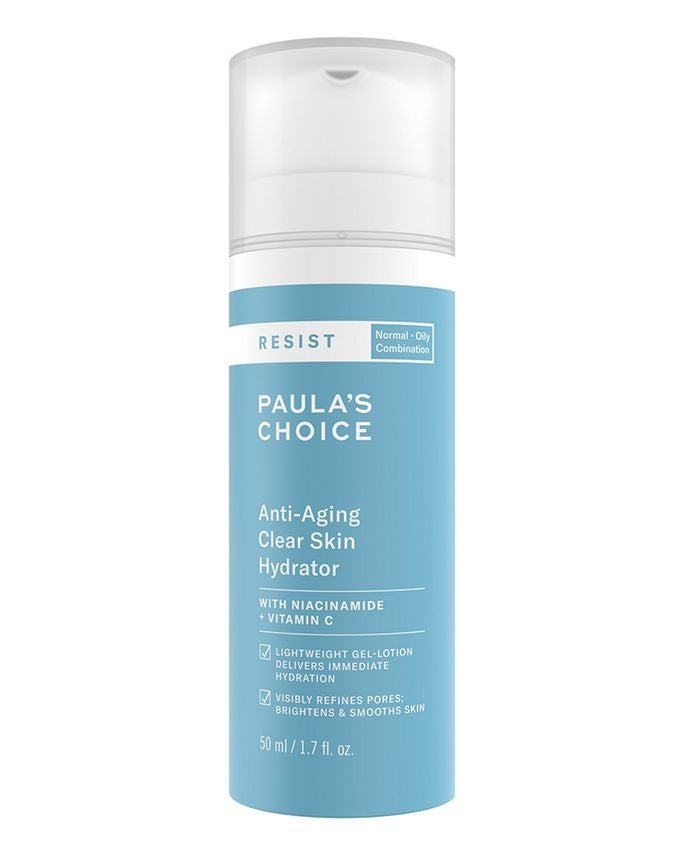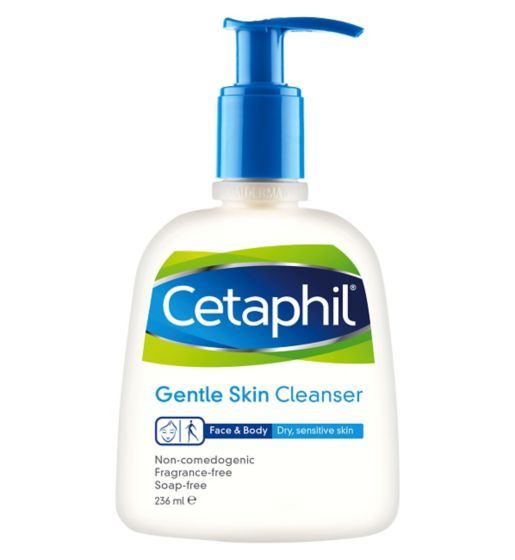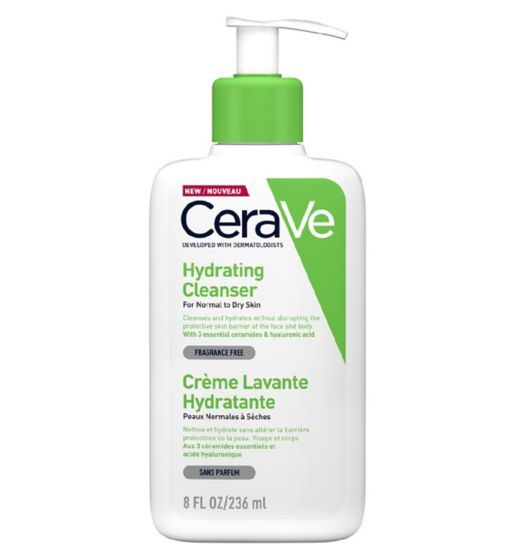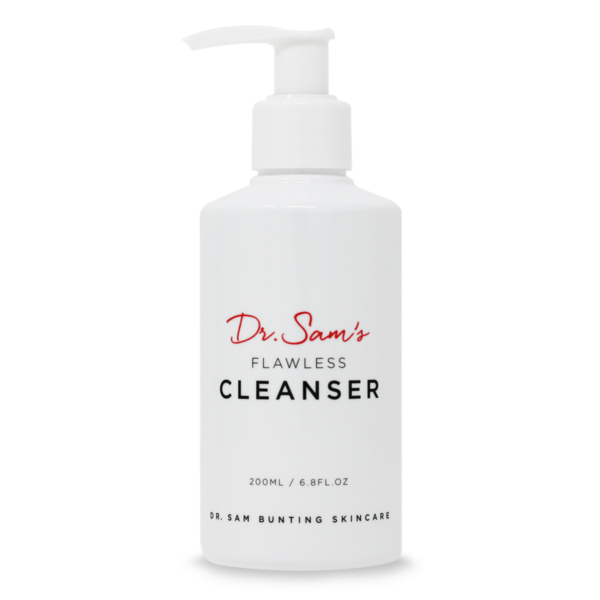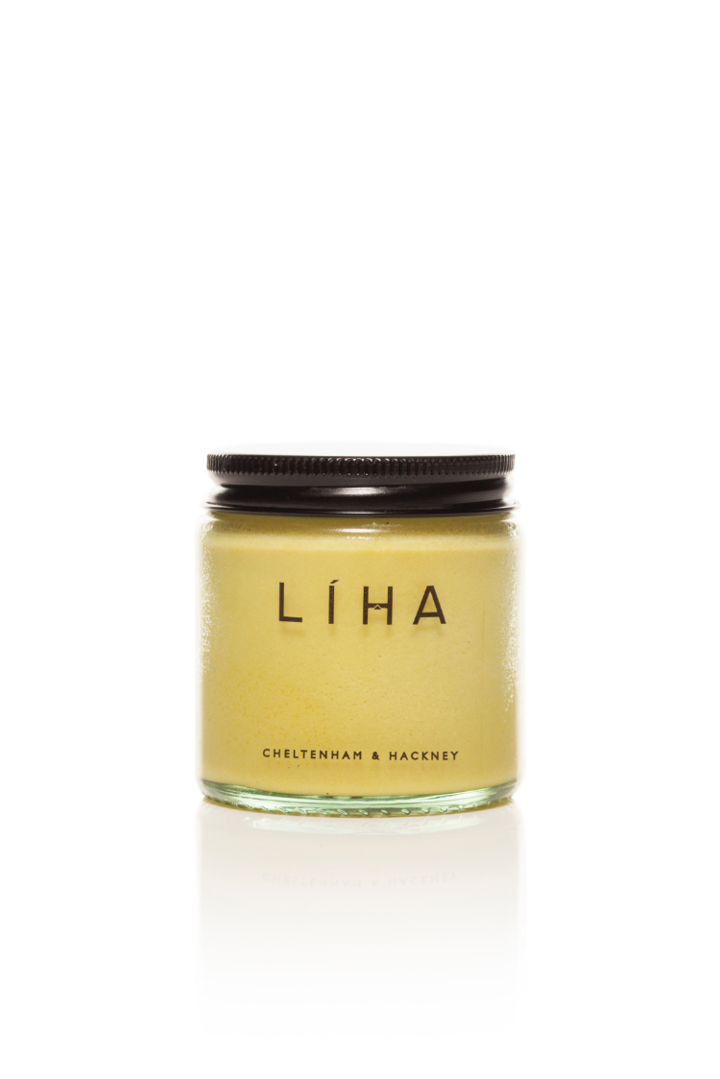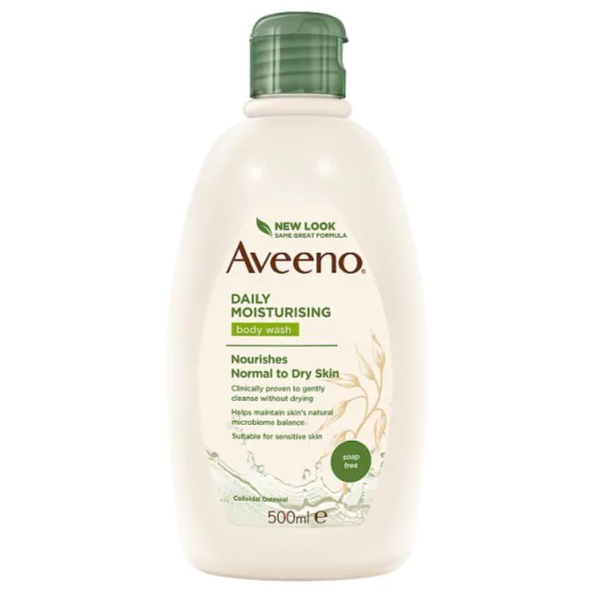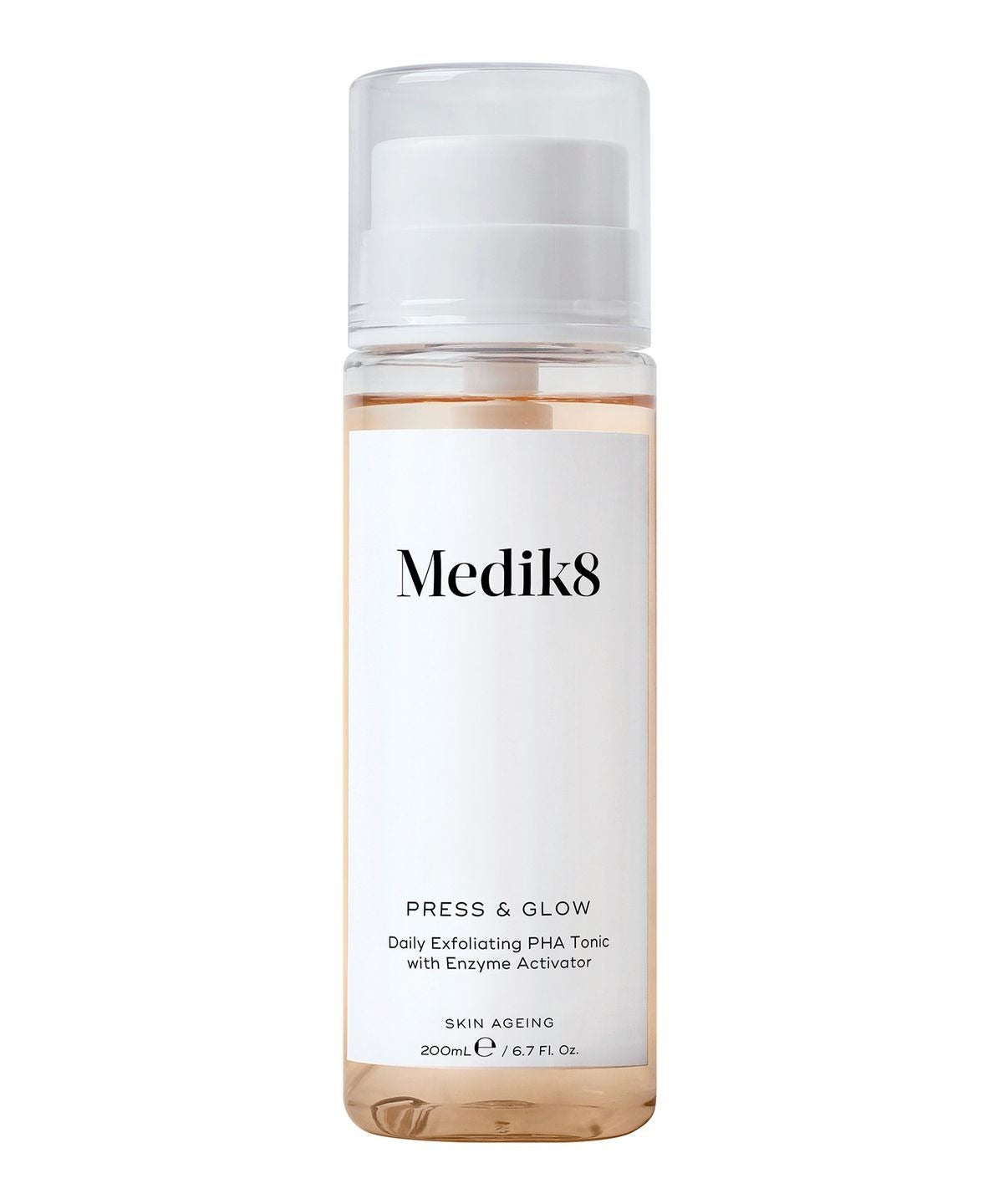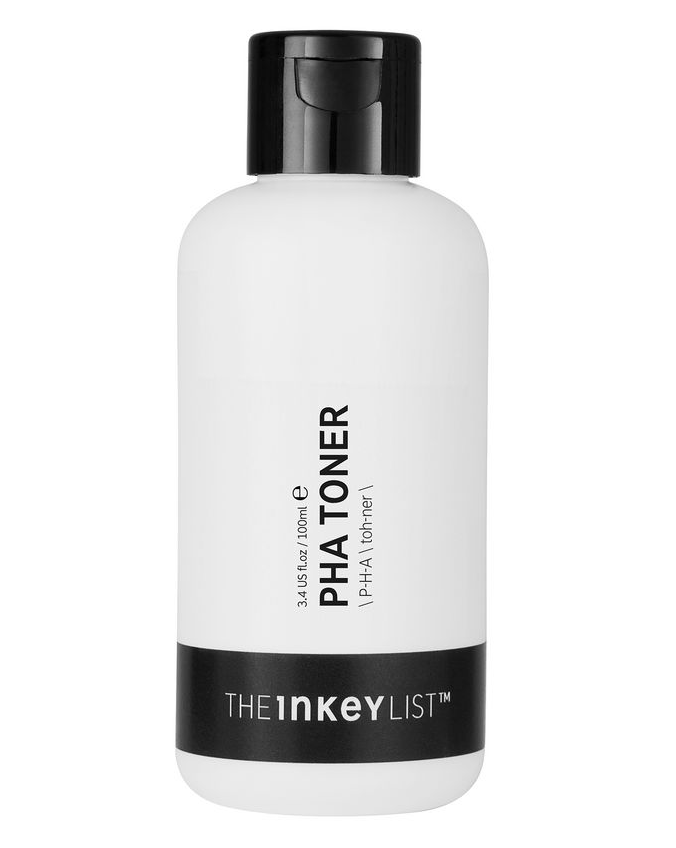The Ultimate Winter Routine For Black Skin, By A Top Dermatologist
Photographed by Rochelle Brock.
With winter threatening the air's moisture levels, many of us are looking to protective styles to preserve our beautiful hair. But what about our skin? Cold weather can wreak havoc, causing dryness, 'ashiness' and irritation, which are more visible on darker skin tones.
When the mercury drops and the air becomes drier, it's important to switch things up for better protection. Ahead, we asked consultant dermatologist and British Skin Foundation spokesperson, Dr Mary Sommerlad, to break down the ultimate winter routine for Black skin.
These ingredients are the key to moisturised skin
AdvertisementADVERTISEMENT
Moisturising seems like a no-brainer but according to Dr Sommerlad, creating the best infrastructure for skin starts with the right product. "The main issue for Black skin is dehydration, which leads to skin appearing dull or 'ashy'," she tells Refinery29. "This is due to Black skin having lower levels of the ceramides in the top layer of the skin." Ceramides are lipids, which act like glue, keeping the skin cells together, says Dr Sommerlad. "This means a healthier skin barrier and therefore reduces the loss of water through skin."
Dr Sommerlad advises that those with Black skin should moisturise twice daily, top to toe, throughout the winter months. While you might reach for single component moisturisers such as shea butter, which is a great skin softener, it's beneficial to use a moisturiser that contains ingredients which also repair the skin's barrier.
As well as ceramides, Dr Sommerlad suggests looking for moisturisers that contain niacinamide. Otherwise known as vitamin B3, it helps strengthen and keep skin intact, preventing dryness and irritation, like itching. "Hyaluronic acid also helps to maintain water in the skin," Dr Sommerlad adds. Hyaluronic acid is a humectant, which means it draws water into the skin, keeping it plump and hydrated. "Using a moisturiser which functions as a humectant as well as an occlusive (which stops water leaving the skin) is beneficial," says Dr Sommerlad. Try The Inkey List Ceramide Night Treatment, £14.99, or dermatologist favourite, CeraVe Moisturising Cream, £16, which can be used morning and evening.
AdvertisementADVERTISEMENT
If you have oily skin, look for an oil-free moisturiser with a non-comedogenic label, as they are less likely to cause breakouts. For those with pre-existing skin conditions, such as eczema and psoriasis, which are prone to flare-ups in the winter, Dr Sommerlad advises keeping in close contact with a dermatologist, skin expert or GP to ensure you have the right treatment.
It pays to switch up your cleanser
Using harsh cleansers should also be avoided because they can deplete ceramides in the skin so keep showers to no longer than five minutes, make sure your water isn't too hot and choose body wash that is less likely to strip the skin. "Look for cleansers that are free of SLS (sodium lauryl sulfate), contain ceramides and emollients, such as shea butter," says Dr Sommerlad. Non-fragranced is best. Try CeraVe Hydrating Cleanser, £9.50, or Cetaphil Gentle Skin Cleanser, £9.50.
Rethink the way you exfoliate your skin
When it comes to facial skin, it might be best to rethink strong exfoliators such as acids, especially as the cold, wind and central heating is likely to impact your skin barrier. Gentle exfoliators such as PHAs (polyhydroxy acids) are best, as they don't penetrate the skin as deeply as AHAs (alpha hydroxy acids) like glycolic acid, and BHAs (beta hydroxy acids) such as salicylic acid. The key is to use them no more than three nights per week. R29 rates Medik8 Press & Glow Daily Exfoliating PHA Tonic, £25, which brightens and unclogs skin gently. "Avoid physical or scrub exfoliators altogether, too," adds Dr Sommerlad.
AdvertisementADVERTISEMENT
Sunscreen is important, even in the winter
While the days may be gloomier, sunscreen is a must in the winter months, Dr Sommerlad adds, especially if you suffer from melasma or inflammatory hyperpigmentation. "As long as daylight is present, the visible light can trigger increased melanin production, exacerbating hyperpigmentation issues," she says. Here are some of the best sunscreen formulas for Black skin.
Refinery29's selection is purely editorial and independently chosen – we only feature items we love! As part of our business model we do work with affiliates; if you directly purchase something from a link on this article, we may earn a small amount of commission. Transparency is important to us at Refinery29, if you have any questions please reach out to us.
AdvertisementADVERTISEMENT







